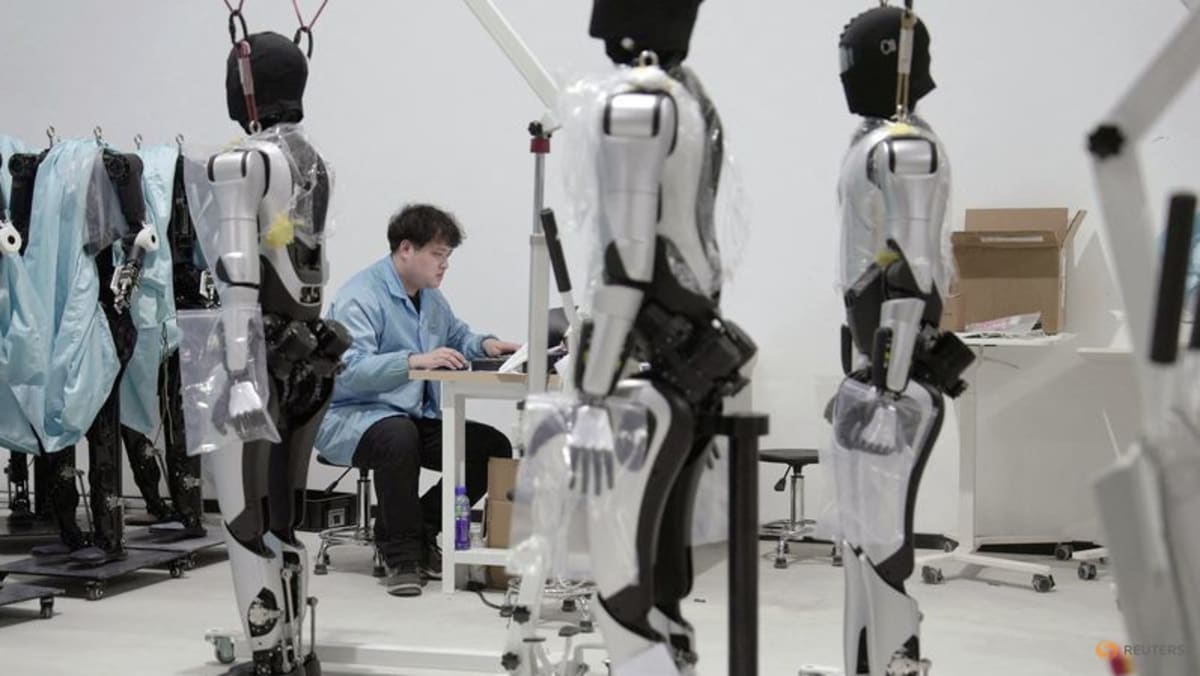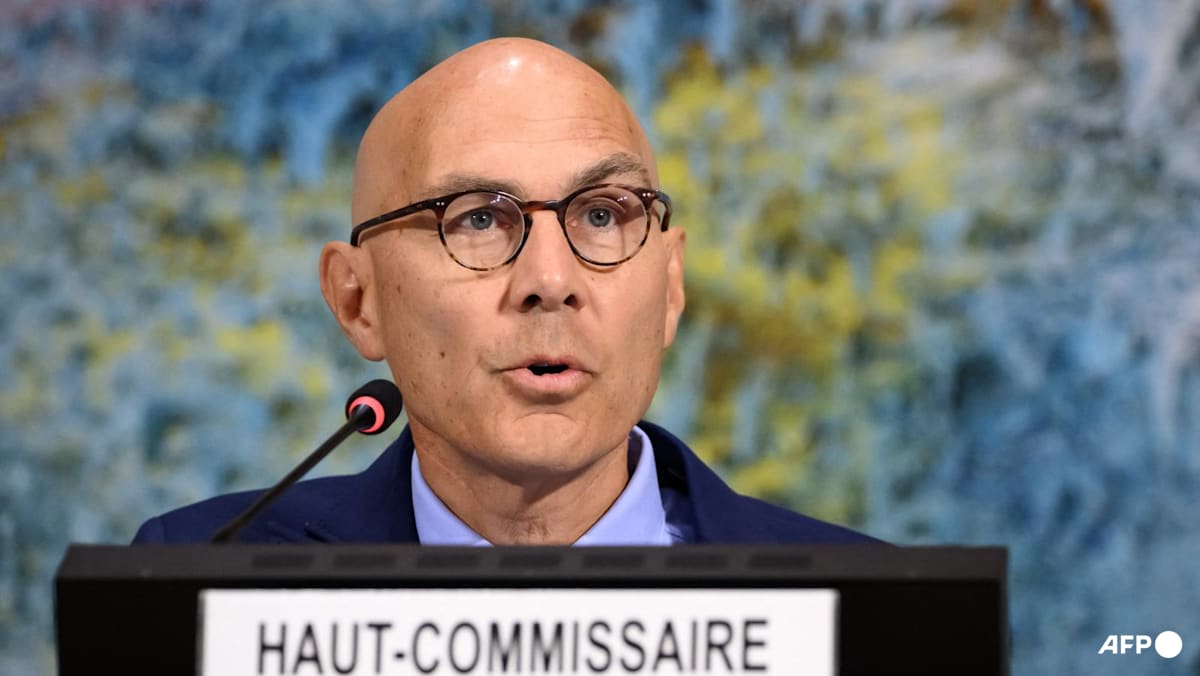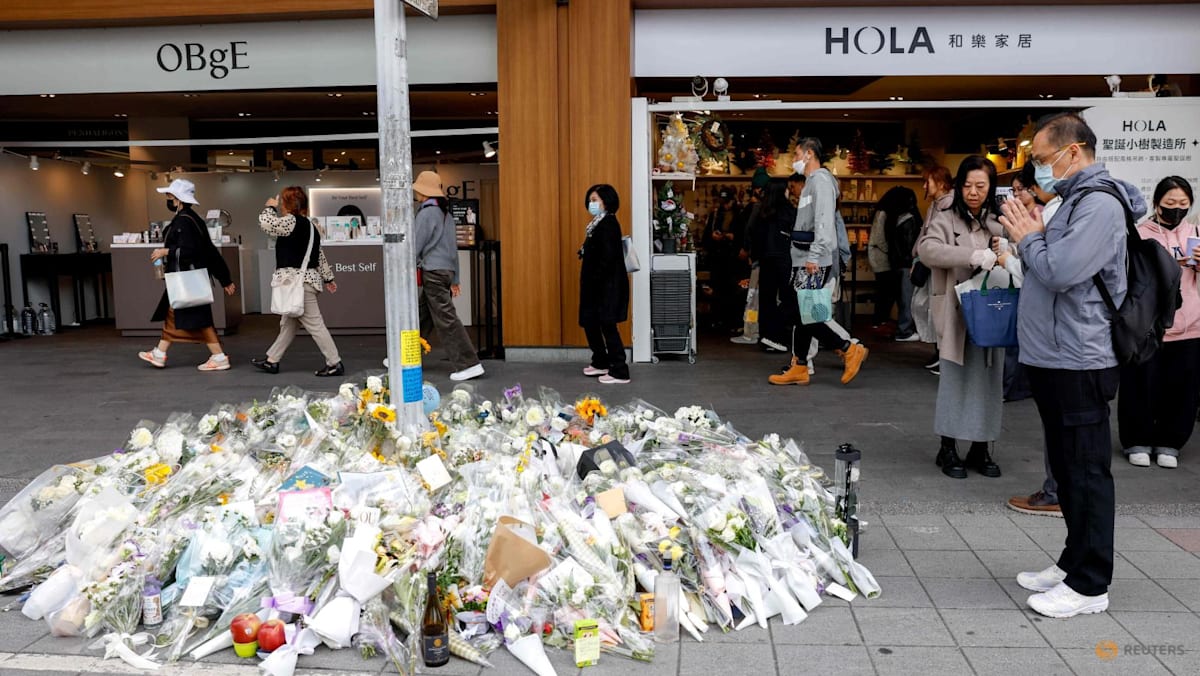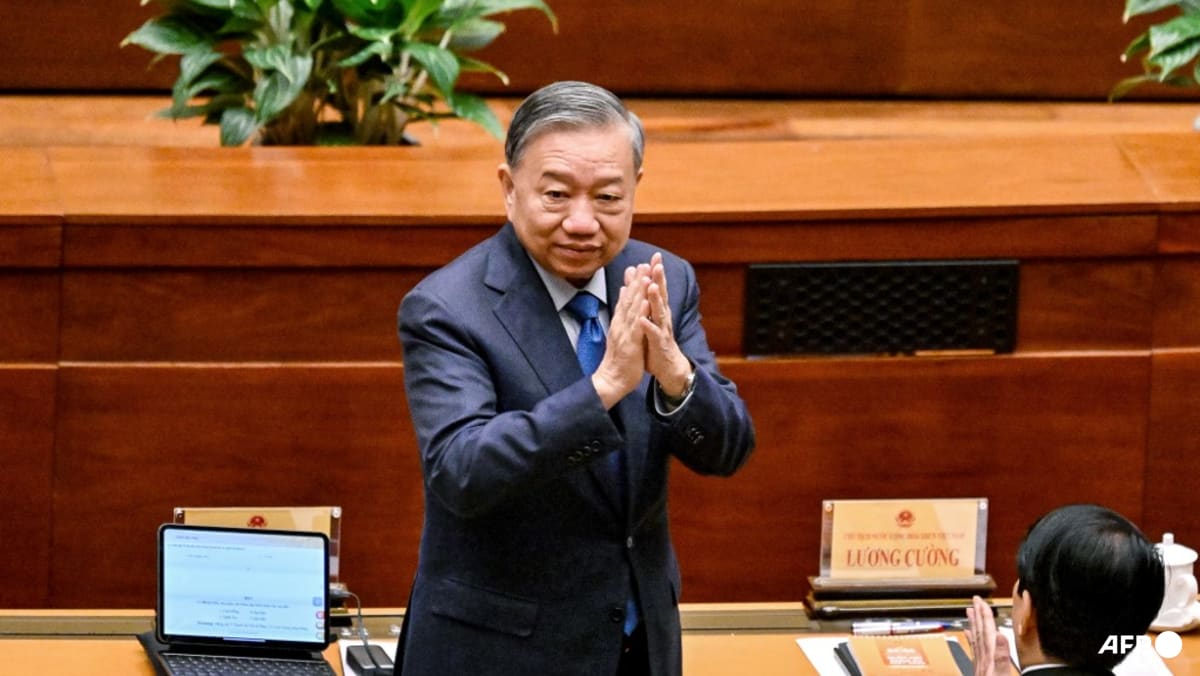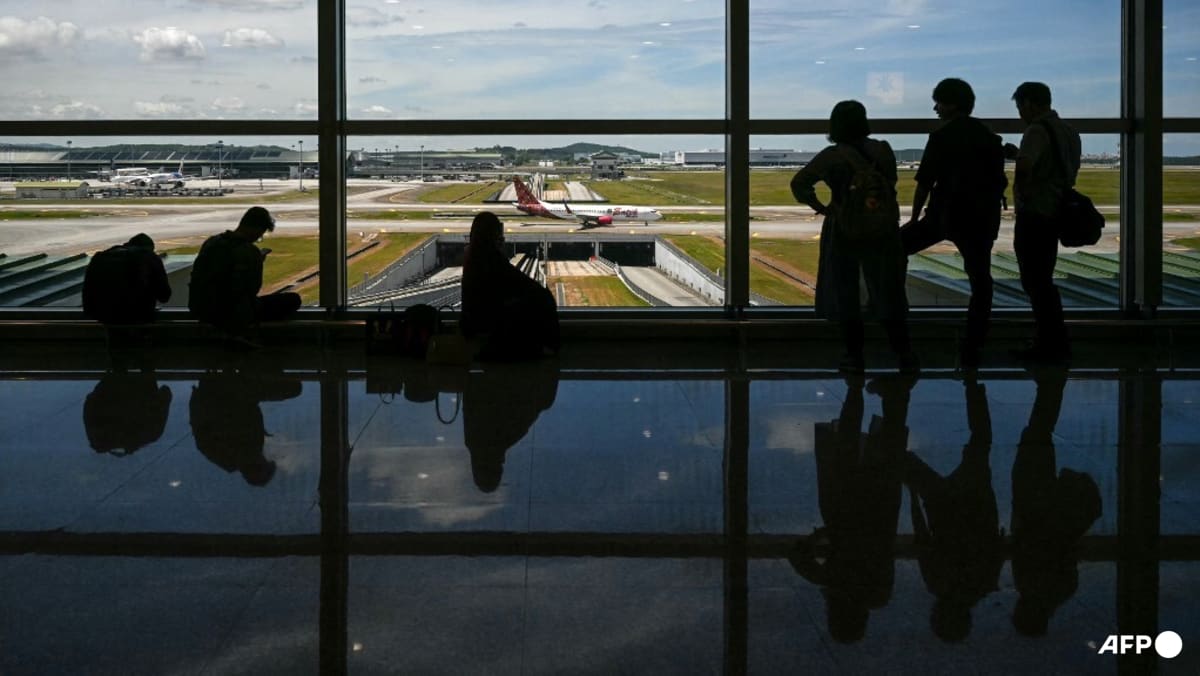China’s exports fall most in three years as global economy struggles
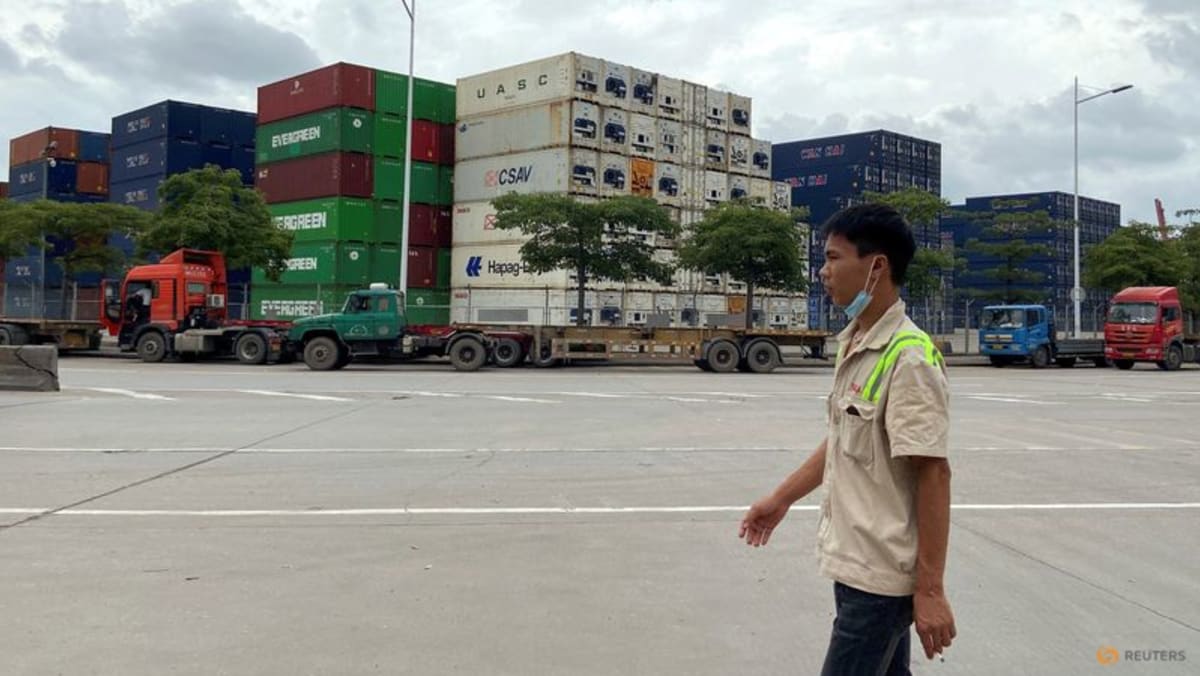
Lv Daliang, a spokesperson for the General Administration of Customs, blamed the poor export performance on “a weak global economic recovery, slowing global trade and investment, and rising unilateralism, protectionism and geopolitics”, in comments at a news conference in Beijing.
Policymakers are now reckoning with the prospect of prolonged slower growth in the world’s second-largest economy of around just 3 per cent annually, according to economists’ forecasts. That is less than half the rates typical throughout recent decades and creates the feel of an economy in recession.
Chinese Premier Li Qiang, who took up his post in March, has talked a good game on rolling out policy measures to boost demand and invigorate markets, but few concrete steps have been announced and investors are growing impatient.
“Looking ahead, the headwinds facing the external sector remain strong, which calls for policy support towards domestic demand,” said Zhou Hao, economist at Guotai Junan International.
South Korean shipments to China, a leading indicator for China’s imports, fell 19.0 per cent last month, the smallest decline since October but suggesting demand for semiconductors and other components used to manufacture electronic goods remains weak.
Demand for raw materials also showed signs of weakness, with copper imports down 16.4 per cent in June compared with a year earlier.
Chinese factory activity has been shrinking in recent months, while consumer prices teetered on the edge of deflation in June and producer prices fell at their fastest pace in more than seven years.
The government has set a modest GDP growth target of around 5 per cent for this year, after badly missing the 2022 goal.
Source: CNA





